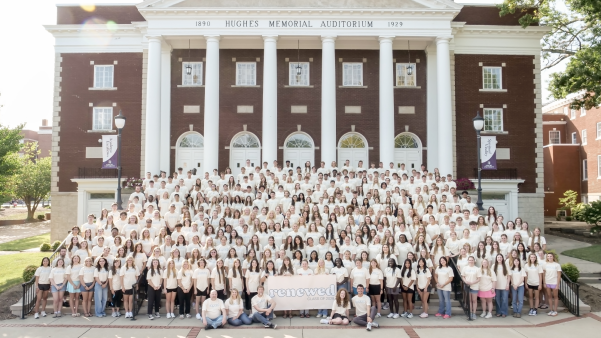THE EARLY CHURCH
Clement of Rome (died c.96), and Ignatius (c.35-c.107) document the continued operation of spiritual gifts among average Christians.
Irenaeus of Lyon (c.130-202) describes charismatic gifts, especially prophecy, in his church in southern Gaul (modern France), warning against Gnostics who fabricate the gifts to win the naive.
Tertullian (c.160-c.225) and the Montanist “New Prophets” (whose condemnations as heretics has recently been questioned) practice healing, prophecy, and tongues. Tertullian separates “apostles,” who have the Spirit fully, from “believers,” who have it partially.
Antony of Egypt (251?-356) is said to practice healing and the discernment of spirits, as well as perform signs and wonders.
The heretical Messalians (c.360-800) teach that everyone is possessed from birth by a personal demon, driven out only by prayer and the reception of the Holy Spirit. They practice laying on of hands for this Spirit baptism, and they expect visual proof of the demon’s departure.
THE MIDDLE AGES
Augustine (354-430) declares (as does John Chrysostom in the East) that glossolalia has ceased but also reports numerous divine healings.
Simeon the New Theologian (949-1022), an Eastern mystic, reports his most intimate spiritual experiences, including a “baptism in the Holy Spirit” distinct from those graces received in the sacraments. This Spirit baptism is accompanied by compunction (awareness of one’s guilt before God), penitence, copious tears, and an intensified awareness of the Trinity as light dwelling within.
Hildegard of Bingen (1098-1179) experiences ecstatic visions, gifts of tears and compunction, wisdom, knowledge, and prophecy. Numerous miracles are attributed to her. She also is said to sing “concerts” in the Spirit and to write entire books in unknown languages.
The Cathars (c.1140-1300), the most radical heretics in the West, replace all Catholic sacraments with consolamentum—baptism with fire and the Holy Spirit. Members are expected to observe a severe ascetic lifestyle intended to lead to perfection.
Gregory Palamas (1296-1359) emphasizes the laying on of hands for reception of the gifts of healing, miracles, foreknowledge, irrefutable wisdom, diverse tongues, and interpretation of tongues.
THE REFORMATION AND BEYOND
Thomas Müntzer (1490-1525), a radical German reformer, emphasizes the “inner word” and baptism of the Holy Spirit, direct revelation in visions and dreams, Holy Spirit possession and guidance, as well as radical social reforms and the imminent return of Christ.
Ignatius Loyola (1491-1556), founder of The Society of Jesus (the Jesuits), frequently receives divine communication in visions, the gift of tears, and loquela (sung glossolalia).
Though the movement’s founder, George Fox (1624-1691), discourages speaking in tongues, some Quakers do. Early Quaker literature also records visions, healings, and prophecies, which are likened to the day of Pentecost.
Jansenists, a radical Augustinian movement in the Roman Catholic church from 1640 to 1801, become known for their signs and wonders, spiritual dancing, healings, and prophetic utterances. Some reportedly speak in unknown tongues and understand foreign languages in which they are addressed.
Tears, trembling, groans, loud outcries, religious “noise” and ecstasies mark the first Great Awakening, though Jonathan Edwards (1703-1758) says the signs are not necessarily evidence of the Spirit’s operation.
Stanley M. Burgess is professor of religious studies at Southwest Missouri State University, and co-editor of the Dictionary of Pentecostal and Charismatic Movements (Zondervan, 1988).
Copyright © 1998 by the author or Christianity Today/Christian History magazine. Click here for reprint information on Christian History.










